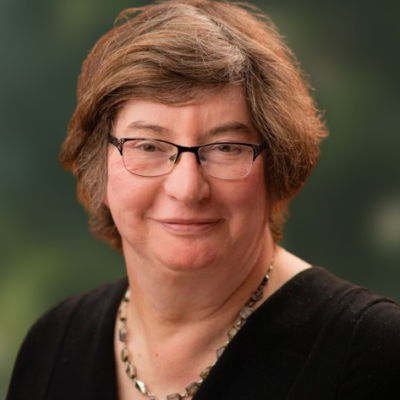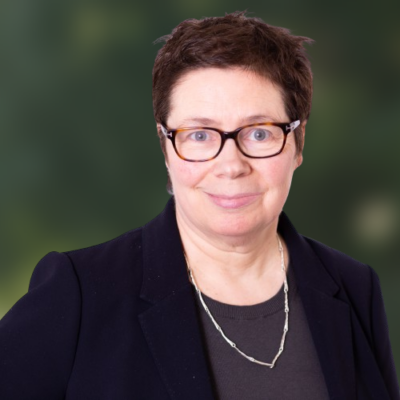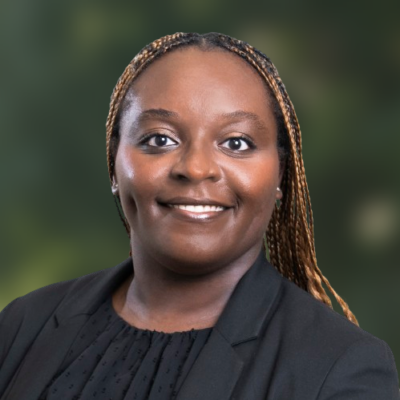20/05/2019
Old Square acting in two prominent cases involving transgender issues
Old Square Chambers is involved in two prominent cases concerning the rights of transgender people and the rights of people to express views on gender more widely.
Robin White (called 1995) is currently appearing on behalf of Katherine O’Donnell in the Edinburgh Employment Tribunal. Ms O’Donnell is a journalist and former night editor of The Times (Scotland) who has brought claims against her former employer, The Times Newspaper, of direct discrimination and harassment related to her gender reassignment. She alleges a course of conduct over a number of years during which she was subjected to harassment and discrimination because she has undergone gender reassignment. Crucially, Ms O’Donnell relies on the content of articles published in the Times to support her allegation that the publication had an anti-transsexual culture, including articles by gender-critical feminist writers such as Julie Bindel.
Anya Palmer (called 1999) is instructed on behalf of Maya Forstater who has brought a claim against the European arm of the Centre for Global Development (CGD) for discrimination on the basis of philosophical belief and sex. Ms Forstater was a visiting fellow of CGD with expertise in tax and sustainable development. She claims that she was denied opportunities of employment and treated badly during internal processes as a result of tweets that she had published on her personal twitter account regarding the difference between sex and gender identity. Ms Forstater expressed views that sex is separate from gender identity and that a person’s biological sex is a material reality, which is different from whether they claim an innate “gender identity”. Ms Forstater claims that as a result of expressing these views, her visiting fellowship was not renewed and the CGD reneged on an agreement to make her a full-time employee.
What does the law say?
The Equality Act 2010 protects people who are undergoing gender reassignment, proposing to do so or have already undergone gender reassignment (section 7). Transsexual people are expressly covered by the definition of this protected characteristic in the Act. However, this definition may not extend to the wider category of people who self-identify as a particular gender (and are not proposing to undergo gender confirmation surgery) or do not identify as any gender at all.
The Equality Act 2010 also protects people who belong to a religion, hold a religious or philosophical belief and also those people who do not belong to any religion or hold a particular religious or philosophical belief (section 10). For example, both atheists and Muslims can rely on s.10 of the Act.
A philosophical belief qualifies for protection when it:
- is genuinely held
- is not simply an opinion or viewpoint based on the present state of information available
- concerns a weighty and substantial aspect of human life and behaviour
- attains a certain level of cogency, seriousness, cohesion and importance, and
- is worthy of respect in a democratic society, is not incompatible with human dignity and is not in conflict with the fundamental rights of others [Grainger plc and ors v Nicholson [2010] I.C.R. 360, EAT].
What to look out for
In the O’Donnell case, there are live issues about the extent to which articles that have been published in a newspaper can be used as evidence of a particular work culture. An employment tribunal is entitled to draw inferences from the evidence before it. It will be interesting to see what evidence is adduced before the tribunal and what inferences (if any) it draws about the alleged anti-transsexual culture at the Times. If successful, Ms O’Donnell’s case could have far reaching implications for how the media covers transgender people and other protected characteristic groups.
The Forstater case is likely to raise questions such as whether gender critical beliefs are a protected belief; whether transgender beliefs (e.g. “trans women are women”) are a protected belief and therefore not holding such beliefs is also protected; whether it is belief discrimination for employers to seek to ban the expression of gender critical beliefs on their employees’ personal Twitter account; and alternatively whether banning the expression of such beliefs is indirect sex discrimination, as the Claimant contends that women are far more likely than men to hold gender critical beliefs..
Both cases are ongoing and further updates will follow.
Rachel Owusu- Agyei
Notes to non-lawyers:
1: Unlike solicitors, barristers are required to operate the cab rank rule, as set out at rule C29 of the Bar Standards Board Handbook requiring a barrister (subject to particular exceptions) to accept instructions irrespective of the identity of the client.
2: Barristers at Old Square Chambers are self-employed independent practitioners. There is no conflict of interest in two or more members of Chambers appearing on different sides of a case or cases raising similar issues. Because of the expertise of members of Chambers, individual members frequently appear on opposing sides of cases.
3. Rachel Owusu-Agyei is a member of Old Square Chambers and is not instructed by any party in the above-named cases.
transgender; gender; discrimination; tribunal; claim; sex; beliefs; identity












